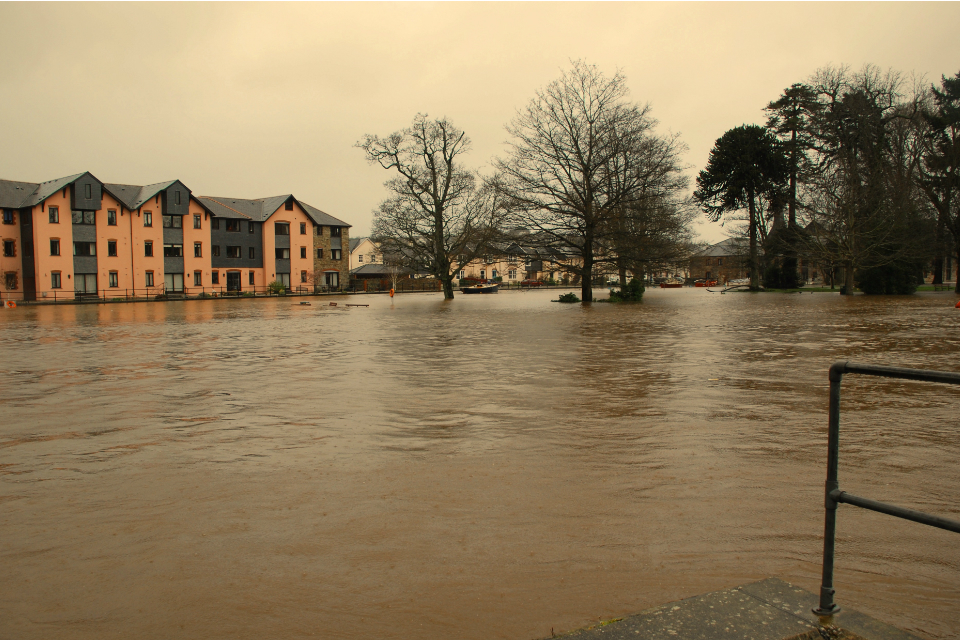- Home
- All News
- BTP outlines ‘extraordinary risks’ of merging force with Police Scotland
6 Mar 2017

The British Transport Police has tabled explosive evidence ahead of appearing before MSPs tomorrow about the risks of merging the respected organisation with Police Scotland.
Ahead of the planned SNP move for the single force to take on BTP responsibilities north of the border, both the organisation itself and its authority will detail what the Scottish Conservatives have described as “extraordinary risks”.
In its evidence, the BTP will say that dealing with fatalities could take 50 per cent longer under the new plans, and that “there is well-defined evidence that a non-specialist force is less able to provide the consistent levels of service that a dedicated policing commitment can offer”.
Decades of experience in dealing with IRA threats would be lost, the evidence stated, meaning future terror incidents may cause significantly more disruption than previously.
There is also a “potential risk” of staff deciding to retire from the BTP or leave altogether, rather than joining Police Scotland under the new set-up, meaning considerable experience would be lost overnight.
A number of legal difficulties will also emerge.
The evidence states: “Officers would not have any legal jurisdiction to operate as constables in Scotland.
This would obviously create difficulties in policing any railway service that crosses the border, particularly as officers from other divisions will still need to carry personal protective equipment such as TASER type devices or incapacitant sprays, both of which are defined as weapons.”
The submission goes on: “There is also a real risk that the investigation of crime will become more complicated, and possibly more costly.”
The views, which will be heard at tomorrow’s Holyrood justice committee, also refer to “specialist train services including nuclear trains, MOD trains and the Royal Train” which are currently operated on an “end-to-end” route basis by the BTP.
And on top of the BTP evidence, the BTP Authority will also weigh in on the SNP’s plans. It will point out the skills of BTP officers “differentiate from their counterparts elsewhere”, and that “transferring railway policing is not the same as merging eight police forces with the same function”.
Later in the meeting, Police Scotland is expected to point out it has merger experience following the creation of the single force in 2013.
Scottish Conservative shadow justice secretary Douglas Ross said:
“The arguments set out here are extraordinary, and should leave the SNP in no doubt about why it should not pursue this merger.
“It is an utterly needless move, which is inspired by nationalism rather than national security.
“We completely agree that the British Transport Police should be more accountable to the Scottish Parliament, and the BTP itself has set out how that can be done.
“Instead, the SNP is using that reason to swallow up the organisation as a whole.
“And as we see from this evidence, that could have a range of desperately negative consequences.
“From coping with terrorist threats to a delay in dealing with complex fatalities, it’s clear this is the wrong move.
“The Scottish Government should heed these warnings and shelve these unnecessary and unpopular plans immediately.”
To see the evidence from both the BTP and the BTP Authority to be presented tomorrow, visit: http://www.scottish.parliament.uk/S5_JusticeCommittee/Inquiries/British_Transport_Police1.pdf http://www.scottish.parliament.uk/S5_JusticeCommittee/Inquiries/BTP_Authority.pdf


